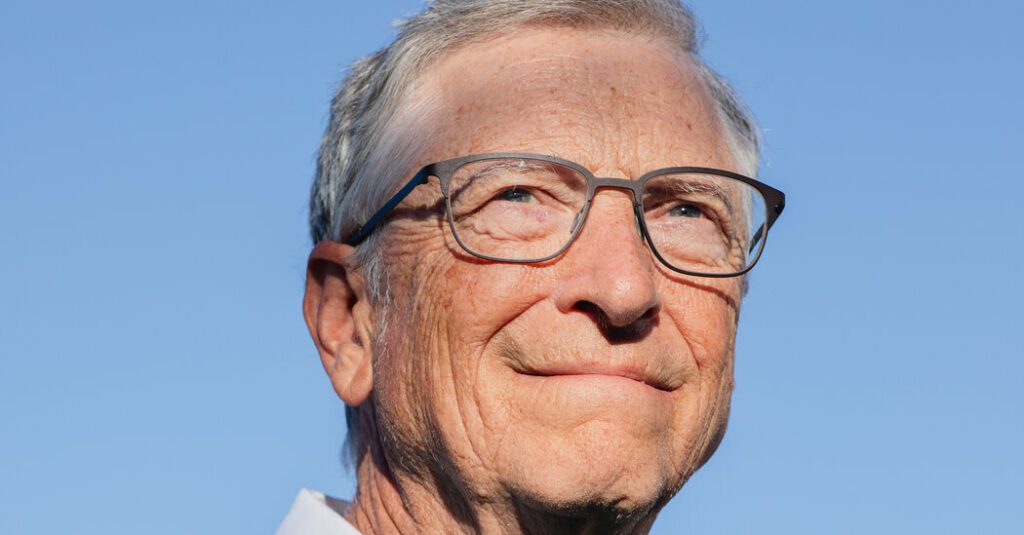The Gates Foundation: Navigating Post-Trump Challenges
Introduction
In December 2016, billionaire philanthropist Bill Gates dined with then-President-elect Donald Trump at Mar-a-Lago. Their conversation, focused on global health initiatives including polio, left Gates feeling optimistic about potential partnerships. However, his expectations were quickly dashed as the Trump administration took office, significantly altering the landscape of U.S. foreign aid and global health initiatives.
Immediate Impacts on Global Health Initiatives
Shortly after the inauguration, President Trump suspended all U.S. foreign aid, a move followed by drastic cuts to the United States Agency for International Development (USAID), which plays a crucial role in international vaccine and health programs. These actions raised alarm among philanthropic organizations, including the Gates Foundation, which allocates $9 billion annually to combat global health issues.
Challenges Ahead
As the Gates Foundation prepars to celebrate its 25th anniversary and its achievements in reducing child mortality by half since 2000, it faces unprecedented challenges:
- Significant budget cuts at the Centers for Disease Control and Prevention (CDC) and the National Institutes of Health (NIH) have hindered global health programs.
- Programs pivotal to Gates’s mission, such as malaria vaccine research and HIV prevention in Africa, have been jeopardized.
- The termination of U.S. support for Gavi, a vital organization for childhood immunizations, dealt a blow to the foundation, as Gates was a co-creator and longtime supporter.
Shifts in Strategic Communications
In light of these challenges, the Gates Foundation has altered its internal and external communication strategies. Employees have been advised to minimize written documentation to avoid misinterpretation by officials. Additionally, many team members have turned to encrypted messaging apps like Telegram for sensitive discussions.
Political Climate and Response
As Trump’s administration continued to undermine organizations perceived as too liberal, foundation leaders entered a cautious state. Despite efforts to engage with Trump’s team, including outreach to cabinet members, the foundation faced an uphill battle in securing support for its initiatives.
Public Sentiment and Criticism
At the same time, key figures within Trump’s circle, including Vice President JD Vance and advisor Stephen Miller, have publicly criticized the Gates Foundation, labeling it as a purveyor of “radical left-wing ideology.” The foundation’s emphasis on racial equity and its role in funding global health initiatives have made it a target for political backlash.
Future Prospects
The foundation’s chief executive, Mark Suzman, expressed deep concern over the potential disruption to funding and programming amid tightening political scrutiny. Moving forward, the foundation has committed to advocating for continued support of essential health programs while also planning strategic investments to address the gaps left by reduced U.S. aid.
Conclusion
As the Gates Foundation adapts to a rapidly changing political environment, its ability to navigate these challenges will be critical not only for its future but also for global health initiatives that depend on its support and funding. With the world watching, the foundation’s commitment to its mission remains steadfast, even amid the uncertainties it faces.


